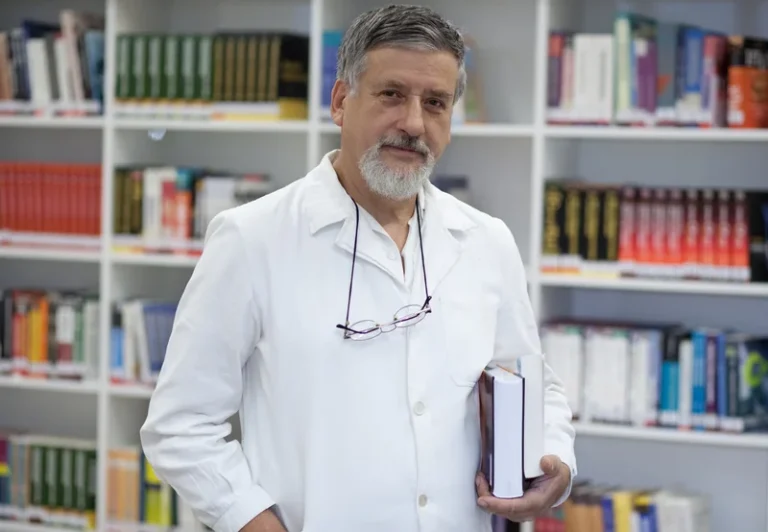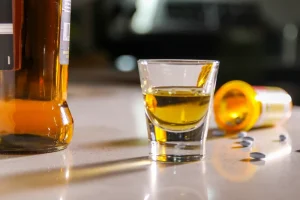
Seeking treatment for a loved one with addiction is the first step towards getting greater clarity about the future you may have together. Divorce can stir up difficult emotions for all involved. Telling an addicted spouse you wish to seek a divorce can come with unique challenges based on whether your spouse is still actively misusing substances or in recovery from addiction. Enabling behaviors are common among spouses and other loved ones of those with addiction, especially within codependent relationships. The term ‘enabling’ can generally be defined as helping or encouraging a person to continue what is Oxford House using drugs, either directly or indirectly. Other issues within a marriage, such as a lack of compatibility, can become clearer after a person has become sober and is able to process the effects of their addiction on the relationship.
- Most couples acknowledge that if you work at it, with some give and take, lots of patience and understanding, marriage can be a rewarding and fulfilling life-long partnership.
- I just want to thank my therapist for helping me to accept my anger, and learning how to deal with it.
- Sharing the highway with drivers from a bazillion different countries all over the world during rush hour will test even the most zen individuals.
- Planning for new living arrangements is not a task you need to take on alone.
- I’d have to chug half a bottle of hard cider and chain smoke 2 or 3 cigarettes before I could feel like a person again.
- This is a valid concern, but also not a burden that you should feel pressured to bear.
MORE IN LIFE
- I know there is love and commitment, but hope is fading fast.
- When I was an active alcoholic, I knew there were issues in my marriage.
- As long as I had alcohol, I was able to drown out the pain.
I thought she was selfish because she wasn’t instantly grateful and loving. I didn’t understand the devastating amount of damage my 25 years of heavy drinking had done to our marriage. Social media is full of what I refer to as rainbows and cotton candy posts about sobriety from addiction.

Addiction Counseling
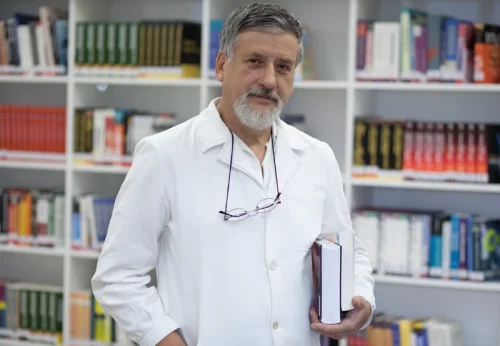
Many different support groups exist for families who’ve dealt with addiction, found through online forums or in your community. For example, Al-Anon Family Groups provides a 12-step program for families and friends of addicts. Likewise, the Herron Project hosts live online support groups led by licensed clinicians. Outpatient addiction programs come in a few different levels of care. Most commonly, recovering addicts can choose between a Partial Hospitalization Program (PHP) or an Intensive Outpatient Program (IOP). The road to treatment for your partner may be messy and even painful, but ultimately it will be worth the effort if your partner decides to work towards a healthy, sober life.
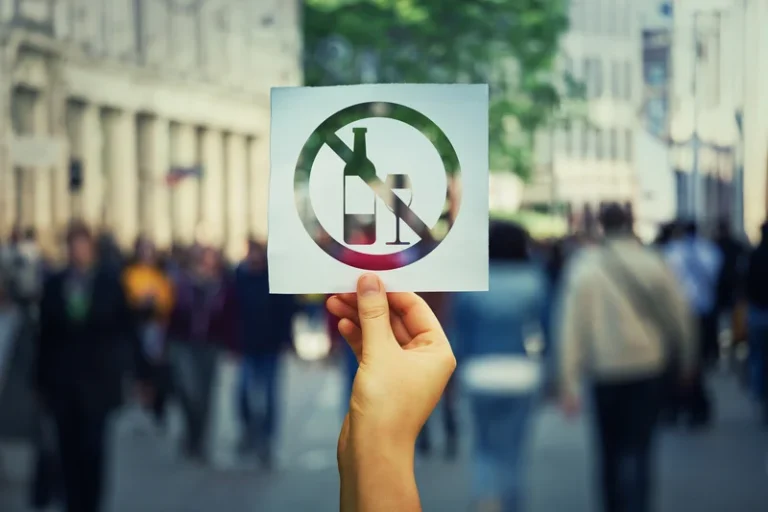
Support for the VSA model of marriage
- As long as I kept drinking, my wife knew I would get drunk and do it all again.
- According to the American Association of Marriage and Family Therapy (AAMFT), couples in which at least one partner lives with substance use disorder are often more unhappy than other couples.
- Rates of lifetime marital dissolution were significantly higher among those with lifetime AUD (48.3%) than in those with no lifetime AUD (30.1%).
- He was now spending evenings at AA, filling his “drinking time” with “meeting times,” still leaving me alone with a toddler.
- I see no value in taking inventory of our drunken misdeeds, making amends and feeling ashamed of our diagnosis.
Leading St. Louis area rehab Harris House has been providing customized addiction treatment programs for more than 50 years. The person has a hard time fending off urges to re-indulge in substance abuse daily. There is anxiety that the person with the substance use disorder used to cover and avoid a slip. divorce rates after sobriety Some people use drugs to hide difficult feelings and go through a difficult situations. And this time, the person will have to go through these situations rock sober.
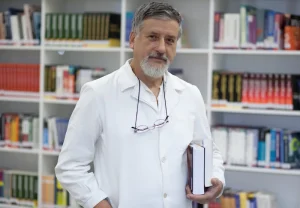
Karlie is originally from Dayton, Ohio, and began her education in psychology at the University of Cincinnati. She participated in research studying ADHD in children, mindfulness and anxiety, and embodied cognition. After completing her bachelor’s degree, she continued her education at the University of Denver and earned a master’s in clinical mental health counseling with a side specialization in addiction. During grad school, she treated clients involved in the legal system as well as at a detox facility. After graduating, Karlie gained experience working in a residential program for eating disorders and a private practice before joining the AspenRidge team.
